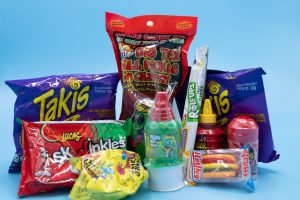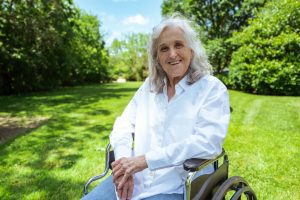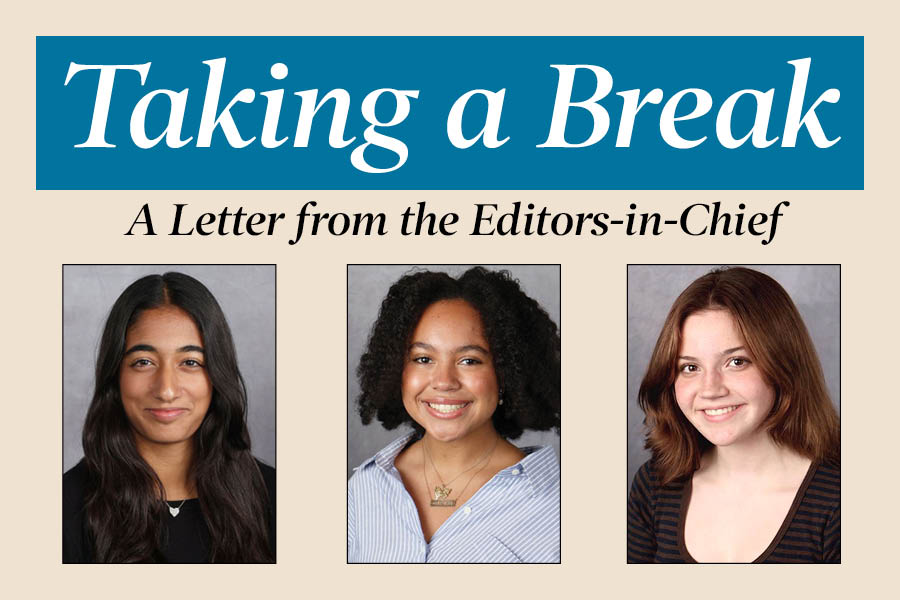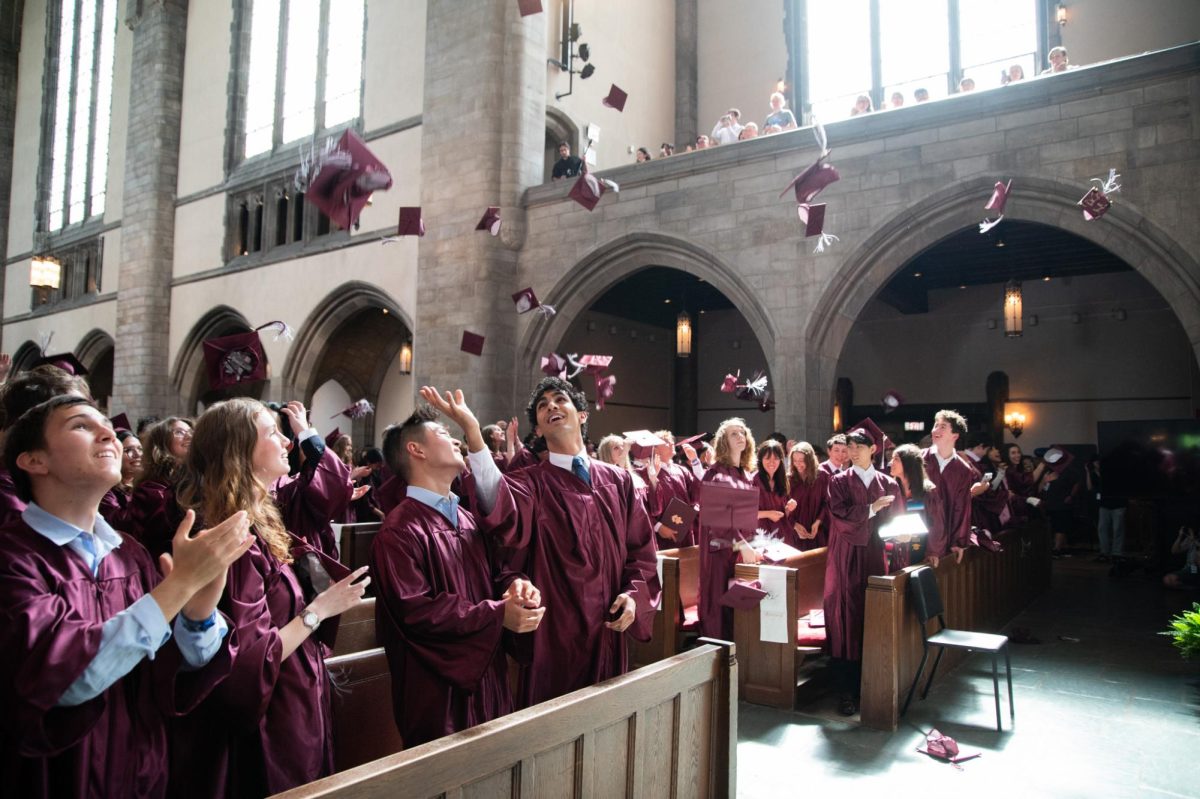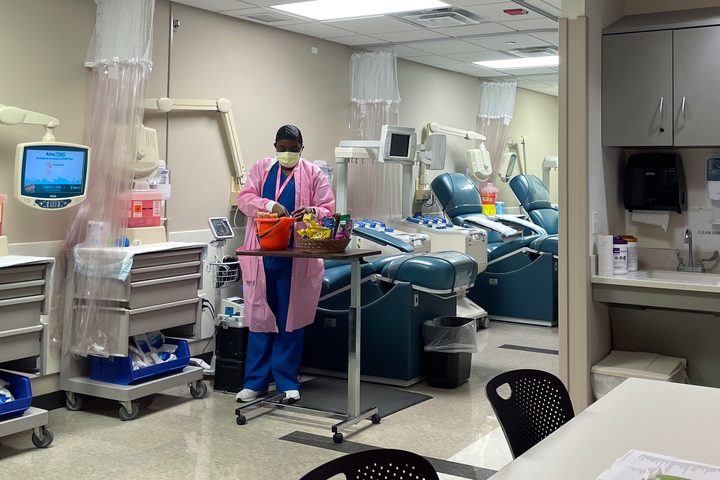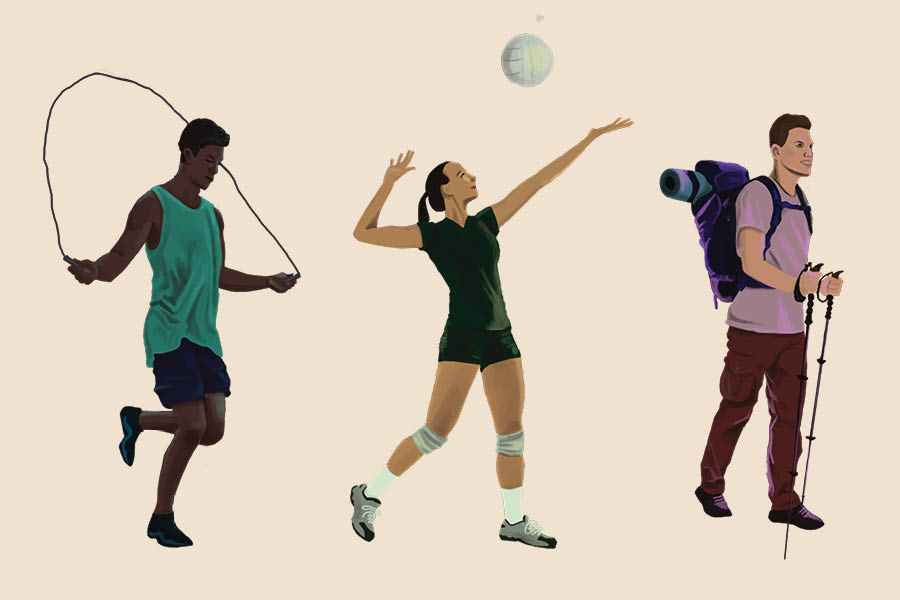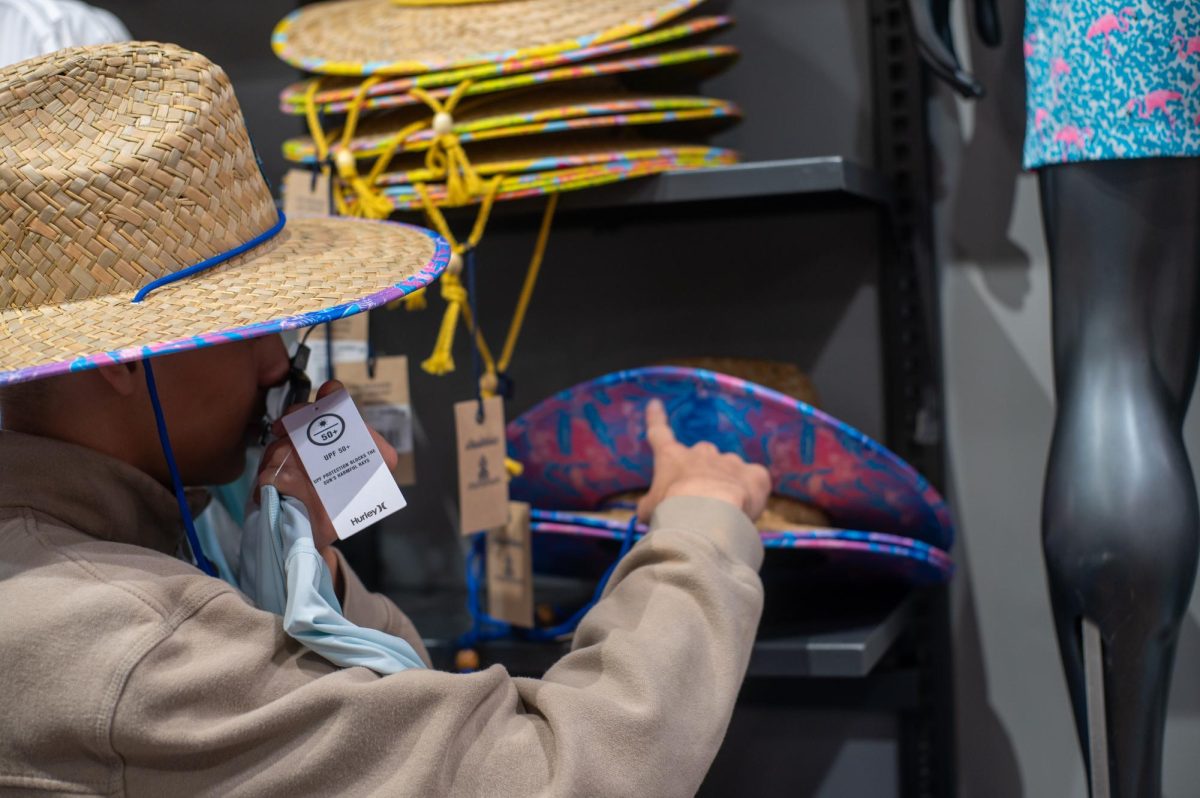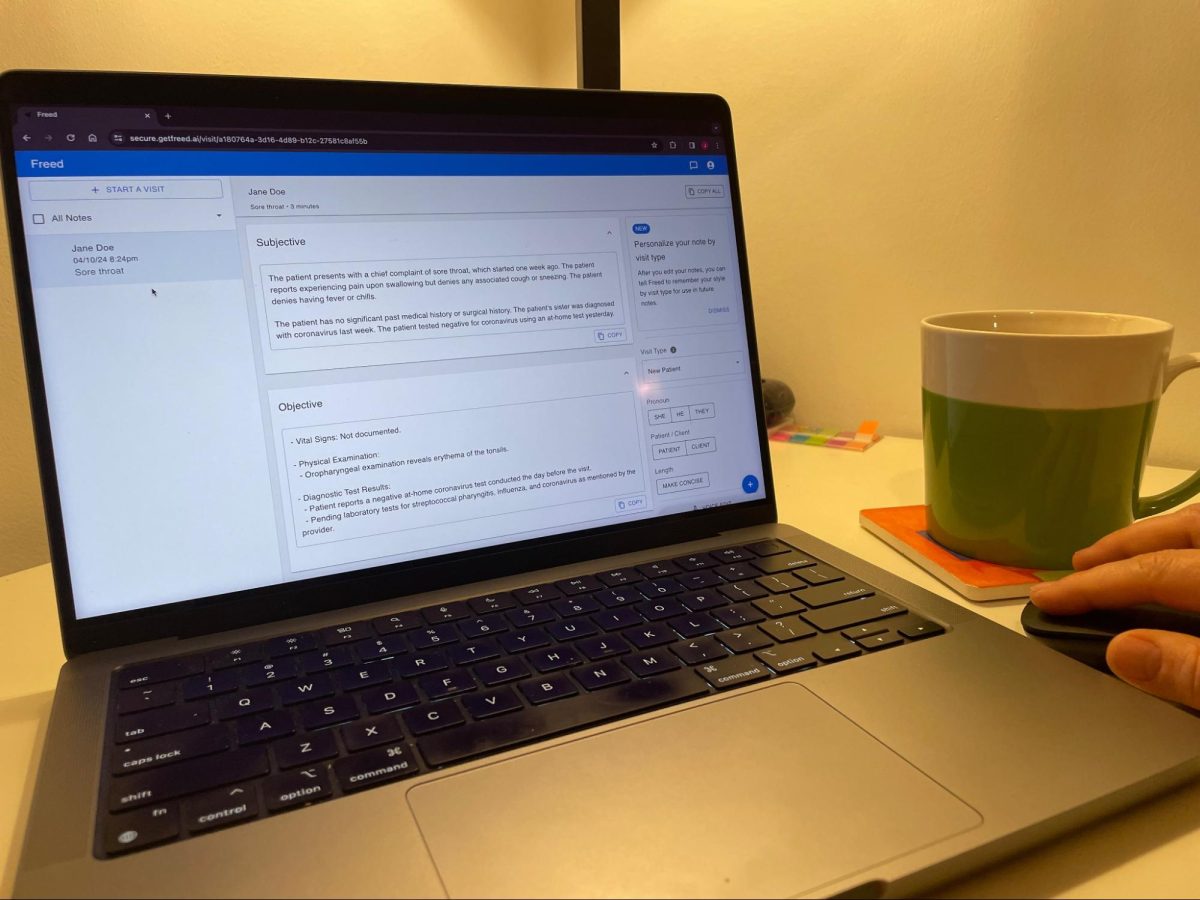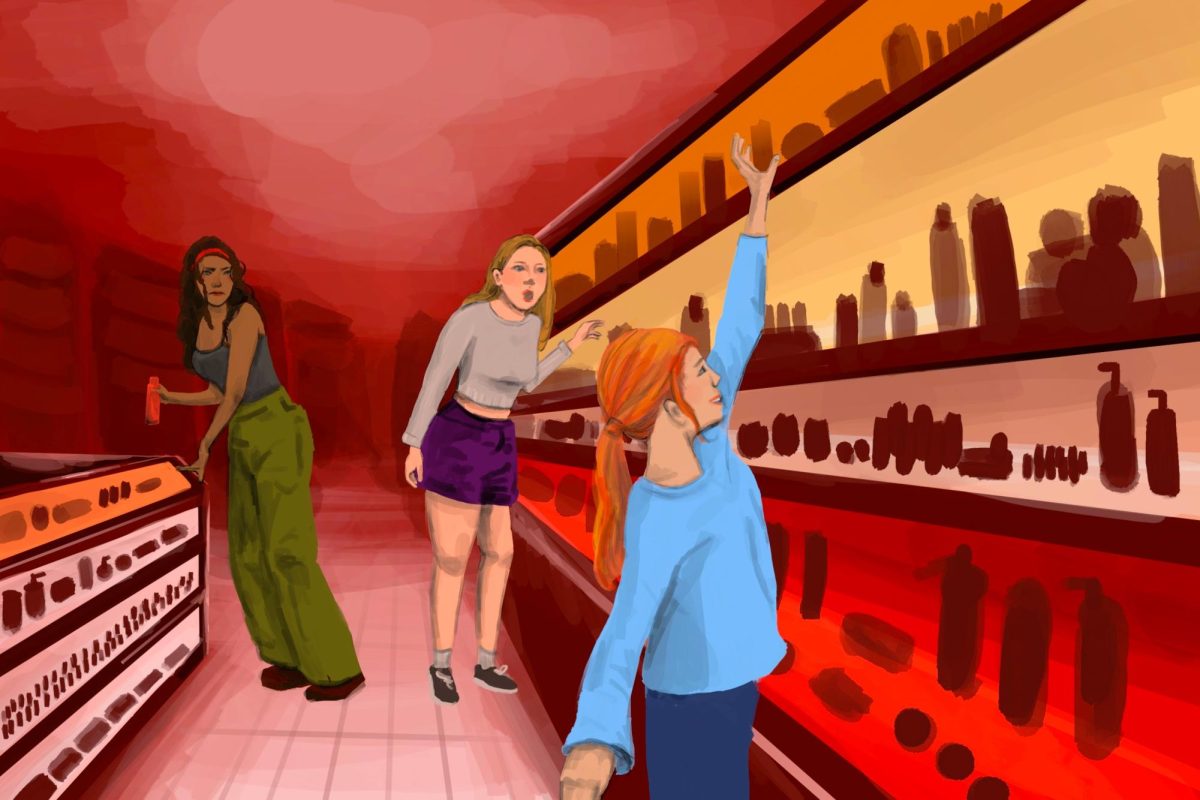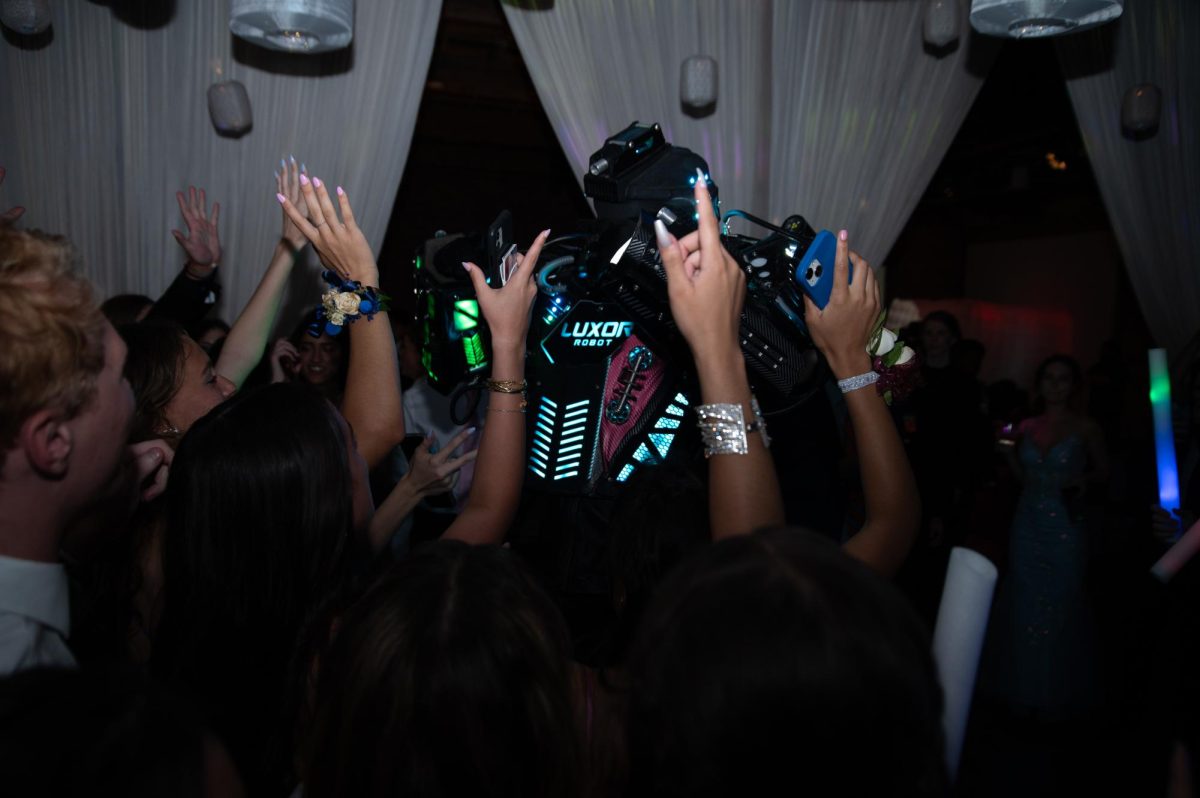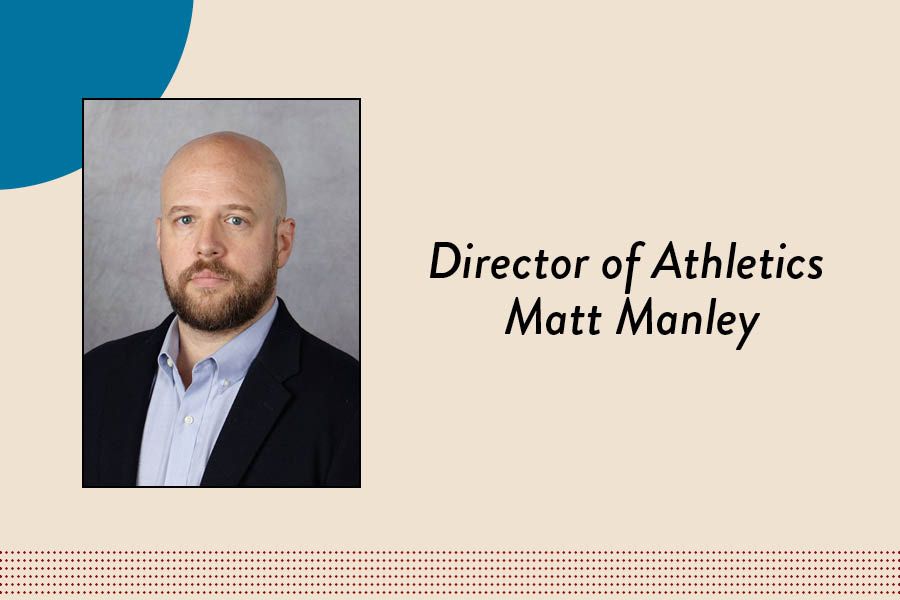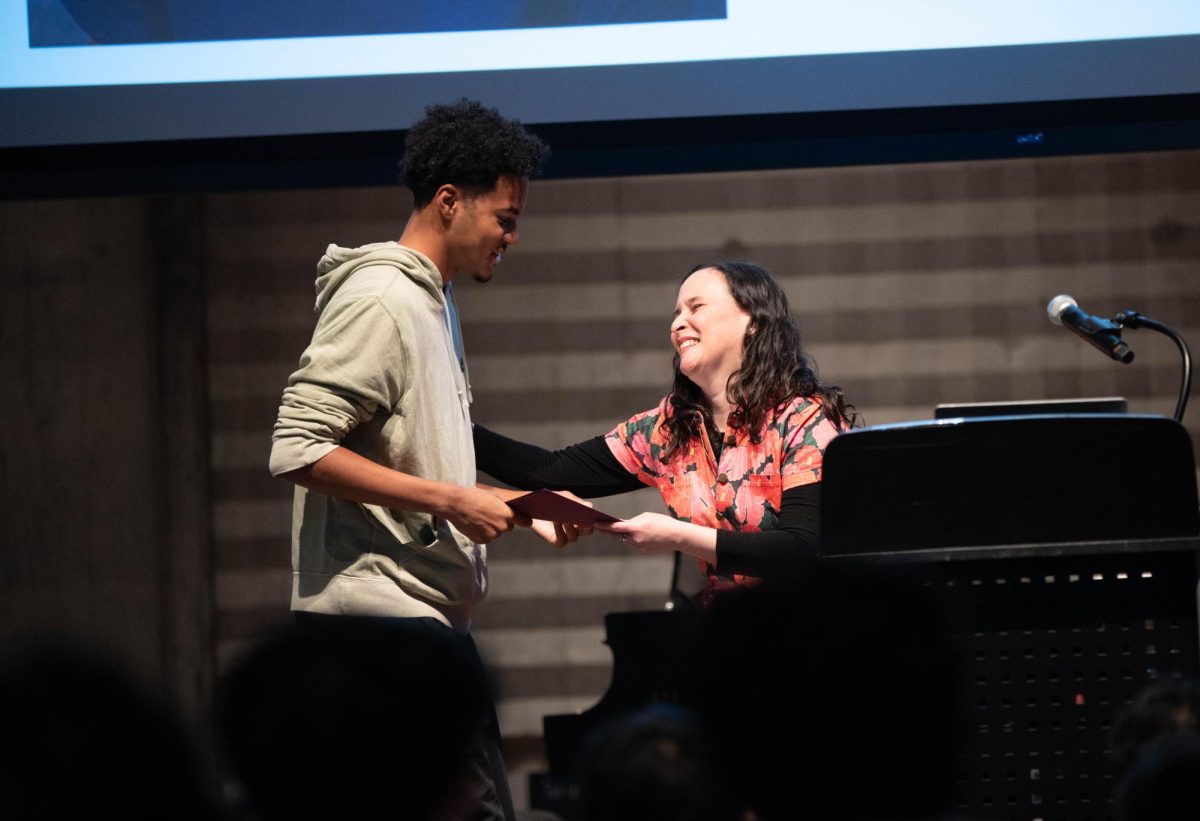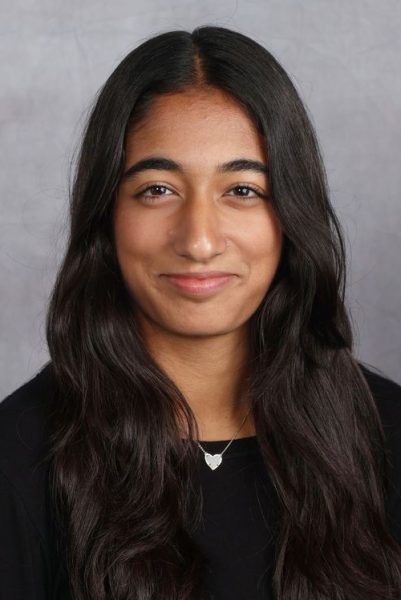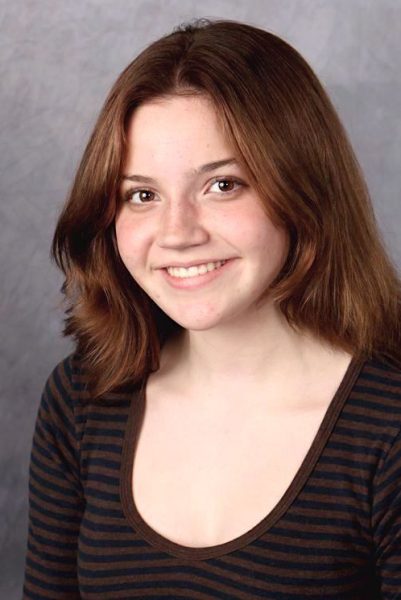Patients all around the world, suffering from diseases ranging from anemia to cancer, require blood transfusions to stay alive. But what happens when the blood runs out?
The American Red Cross announced a national blood shortage on Sept. 11 after years of an inconsistent blood supply. Since August, the supply level has decreased by 25%, causing pleas for more donors to keep patients alive.
This shortage is a result of a combination of regular seasonal variation and recovery from the pandemic. Timothy Carll, an assistant professor of pathology at the University of Chicago, notes that there were fewer surgical cases that required blood transfusions during the pandemic, but this changed as the trend reversed.
We need to get younger donors more excited and interested in becoming repeat donors. Really the backbone of the U.S. blood supply is repeat donors.”
— Dr. Geoffrey Wool, director of the University of Chicago blood bank
“As we began to recover from the pandemic, elective surgical cases actually rose to above the pre-pandemic level,” Dr. Carll said, “and unfortunately, the amount of blood supply has not grown to match it.”
In Illinois, the minimum age to donate blood is 17, and with parental approval 16-year-olds can also donate. However, medical professionals like Dr. Carll and Geoffrey Wool, director of the University of Chicago blood bank, have noticed the lack of repeat donors in younger generations.
“Reliable donors are either dying or becoming ill or have deferrable medical conditions that make them no longer acceptable donors,” Dr. Wool said, “and we need to get younger donors more excited and interested in becoming repeat donors. Really the backbone of the U.S. blood supply is repeat donors.”
Like Dr. Wool, Dr. Carll also recognizes the scarcity of repeat donors and its effect on blood supply. He said that the rate of blood donation in younger generations such as millennials and Gen Z is actually higher.
“More people in our generation are apt to donate,” Dr. Carll said, “but the rate of repeat donation is much lower. There are fewer of us that will go and repeat donate. And as a result, the amount of the overall supply that is derived from these donors is relatively smaller.”
This inconsistency can be seen through the spikes of donors after major national disasters like the 2017 Las Vegas shooting and 9/11 terrorist attacks.
“Every day, there’s this huge need,” Dr. Wool said, “and when people see an event on the news, and really want to help, that is absolutely fantastic. But we want that sense of urgency and that need every single day.”
To help with this blood shortage, Dr. Wool believes that blood drives are an excellent way to gather support and awareness for all generations, but recognizes the difficulties that come along with it.
“Blood drives are fantastic, but there’s just a huge amount of effort and work to make sure that they’re worthwhile, that you’re collecting enough blood to make the costs balance,” Dr. Wool said. “And sometimes you’re spending more on movers and logistics than you actually are on saving blood products.”
But blood drives are not the only way to help this cause. At the University of Chicago, the Blood Donation Center, DCAM Room 2E, is open Mondays through Fridays from 8 a.m. to 3 p.m. year round. Before arriving, donors should fill out the donor availability form online or call the Blood Donation Center at 773-702-6242.
Along with this opportunity, students can also donate at blood drives through Lab. U-High’s new Heartbeat club will be sponsoring a blood drive at Lab for the Red Cross during a school day later this winter.
“People in different schools or colleges should help with the blood shortage more, rather than just adults,” junior Nutan Ganigara, Heartbeat co-founder, said. “We’re educating the next generation about these things and telling them this is happening.”
Along with increasing availability to donate through blood drives, Dr. Carll believes that providing donors with more information about the process — and the ability to save lives — would increase the number of donors.
“It is helpful to know from a general standpoint, what the blood is being used for,” Dr. Carll said. “So they have a better sense of how their blood is helping people.”



